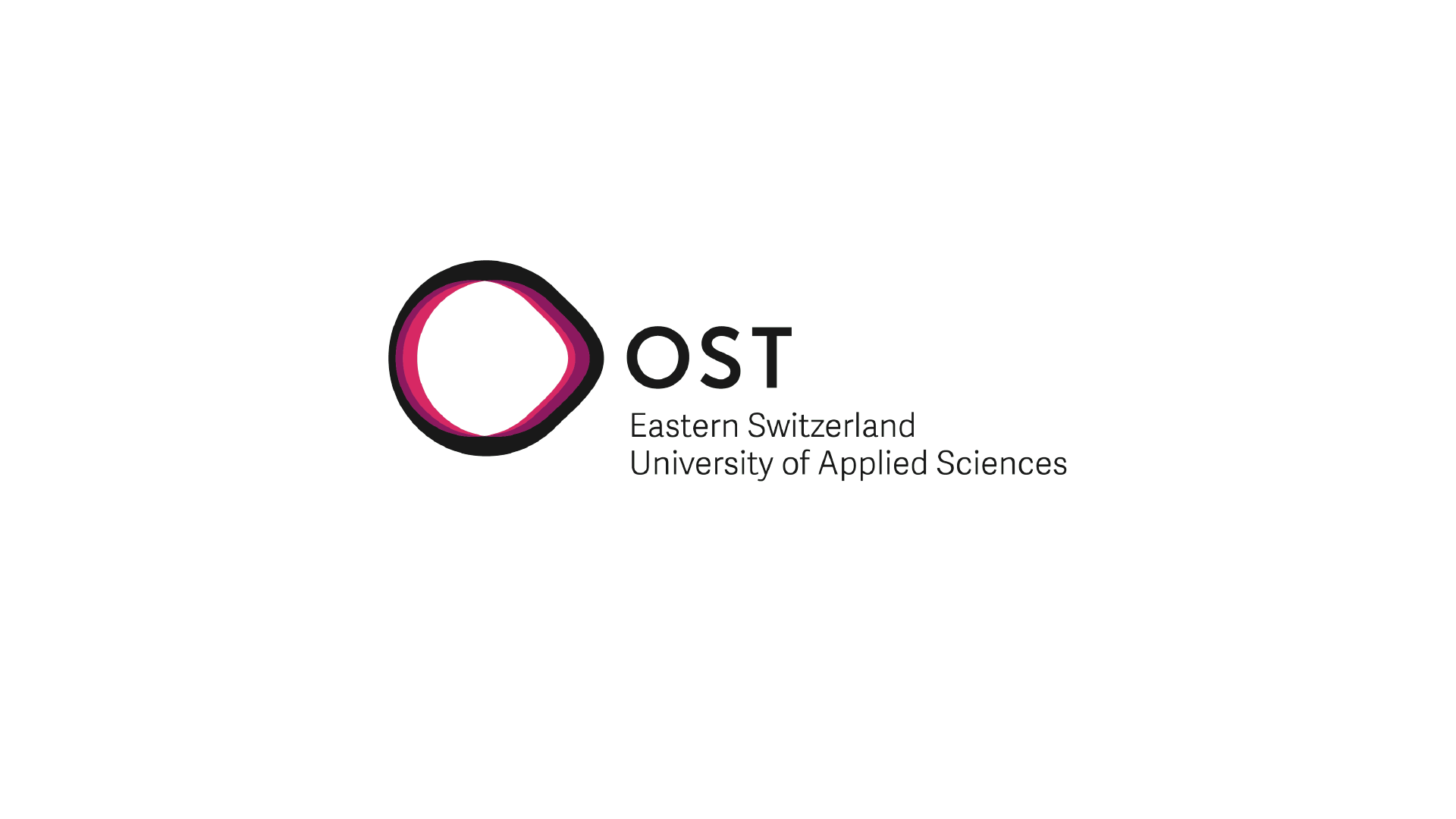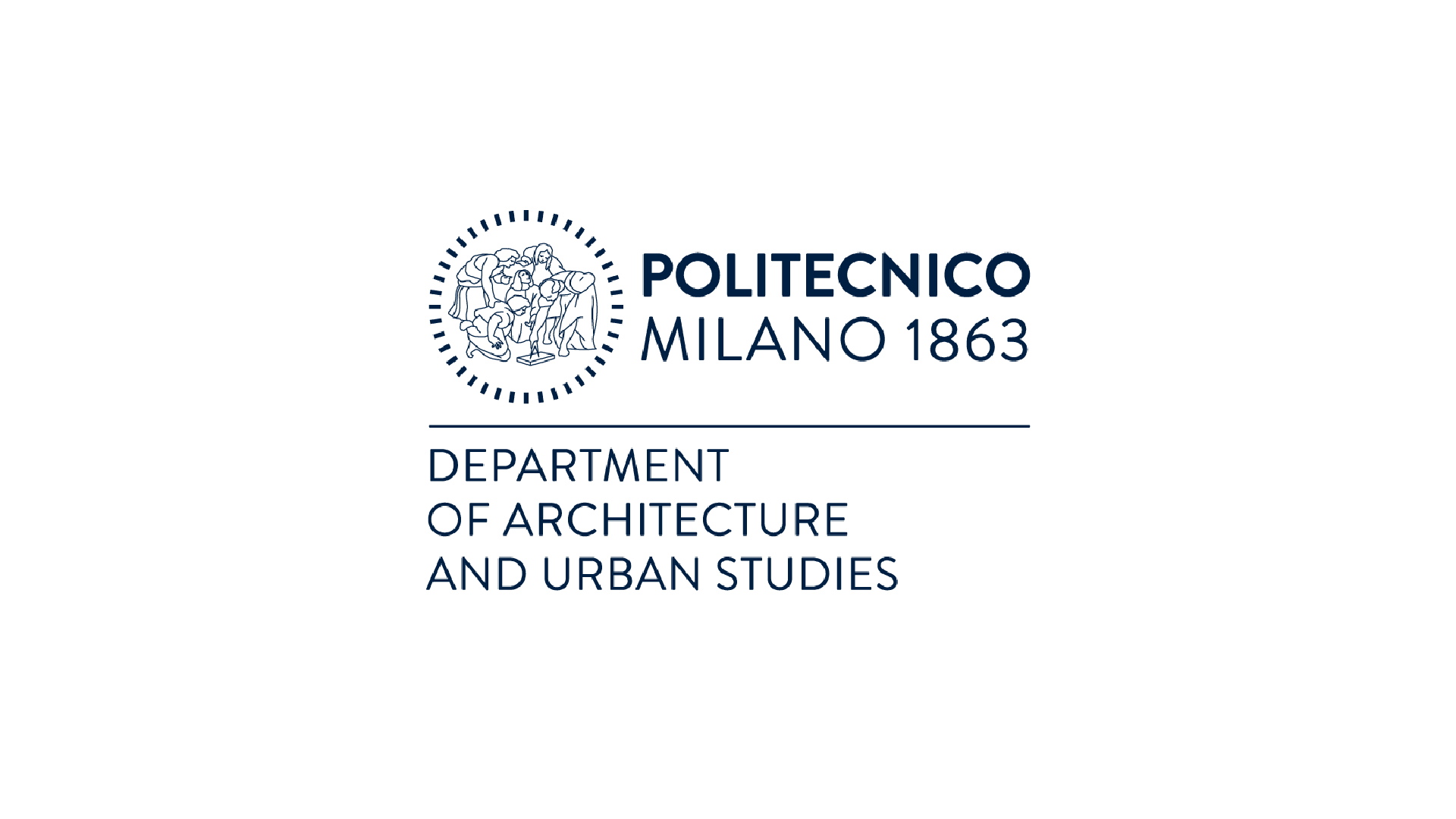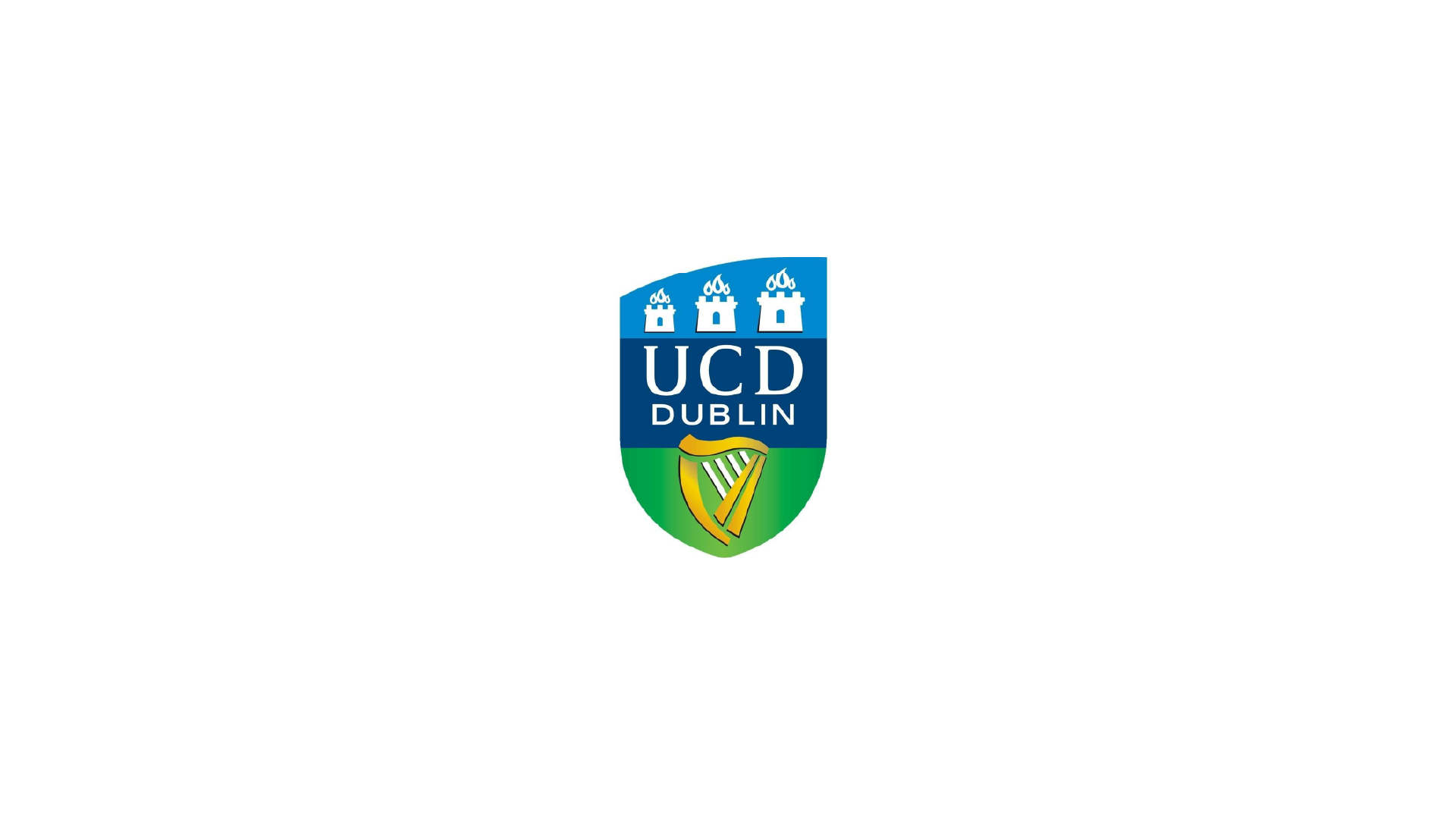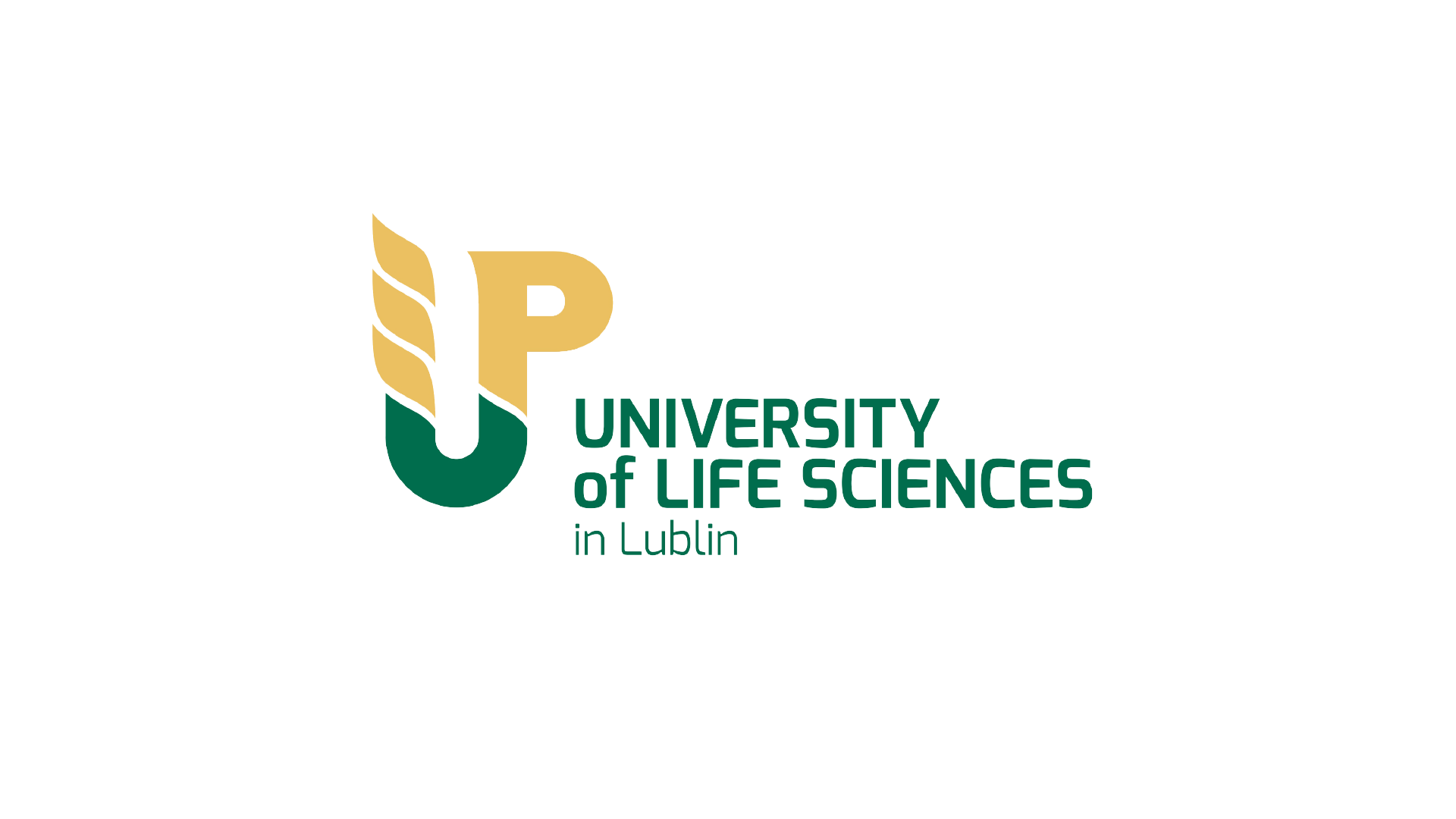NILU
The Department of Environmental Impacts and Sustainability (IMPACT) at NILU integrates environmental science into policy and decision-making. It emphasizes environmental footprinting, aligns nature-based solutions with climate adaptation and SDGs, and fosters circular economy principles. Within the NatureScape project, IMPACT manages coordination, leads the NBS T-Lab in Oslo, and oversees WP 6 focusing on communication, dissemination, and sustainability.

Eastern Switzerland University of Applied Sciences
The IFSAR Institute for Social Work and Social Spaces at the OST – Eastern Switzerland University of Applied Sciences is a competence platform for social work and its related disciplines. We are active in the field of research and development, and we are bundling our competencies and activities in the four focus areas «Housing and Neighbourhoods», «Public Life and Participation», and «Growing up and Education»

Lisboa E-nova
Lisboa E-Nova is a non-profit association, operating under private law, that seeks to contribute to the sustainable development of the city of Lisbon and its metropolitan area. Lisboa E-Nova works towards a low carbon and less vulnerable city, applying integrated approaches to adapt to climate change, designing and implementing mitigation actions, and supporting innovation and entrepreneurship that allow the reduction of greenhouse gas (GHG) emissions. Our goal is to achieve a city with a clear path to decarbonization and that focuses on the welfare of the citizen and future generations.
As a key player in the city to pursuit national and international energy and climate goals, Lisboa E-Nova is active in distinct areas, including urban planning, energy efficiency, water management, efficient use of materials or low carbon mobility, among others. Most of these activities are strongly complemented with education, awareness raising and citizen’s engagement actions, involving all the city key stakeholders.

Nodibinajums Baltic Studies Centre
BSC is a private non-profit interdisciplinary research organisation. Areas of BSC expertise include sociology, sustainable agriculture, food supply chains, innovation networks, public policy analysis, science and technology studies, the circular economy and environmental life cycle assessment. BSC undertakes interdisciplinary and action-oriented research strategies and cooperates with policy makers, municipalities, SMEs, and other research and advisory organisations nationally and internationally.

Politecnico di Milano
The Department of Architecture and Urban Studies (DAStU) at Politecnico di Milano specializes in architecture and urban studies. DAStU collaborates internationally with stakeholders like EU bodies, national governments, and private sectors, and is organized into four sections: architectural design, urban planning, history, and social sciences. In the NatureScape project, DAStU leads the NBS T-Lab in Milan and WP 5 – Toolkit for supporting NBS integration into urban planning and governance.

University College Dublin
University College Dublin is a leading research-intensive European university with a foundation of high-quality, interdisciplinary research, scholarship, and innovation. The School of Architecture, Planning and Environmental Policy (APEP) in UCD engages in partnership with businesses, public bodies, and NGOs in the field of climate-neutral and sustainability research. This includes participation in Environmental Protection Agency, the Climate Change Advisory Council, Science Foundation Ireland, SEAI and multiple Municipalities and Public Bodies, advising Departments of the ‘Environment, Climate and Communications’ and of ‘Enterprise, Trade and Employment’ among others. APEP holds major grants on topics of resilient cities, liveable communities, nature-based solutions, citizen science, affordable housing and others from Horizon Europe and multiple Irish funders. APEP actively operates at the science-policy interface.

University of Life Sciences in Lublin
The University of Life Sciences in Lublin (ULSL) has 80 years of tradition and is a prominent institution dedicated to fostering education and research in agriculture, biological sciences, veterinary medicine, technical sciences, economics, and social sciences, firmly embedded in Poland. Currently, about 8,000 students and nearly 700 academic staff members are affiliated with the University. The University offers bachelor’s and master’s degrees at 7 faculties in over 55 fields of study, as well as doctoral studies in 7 scientific disciplines. The network of international collaborations at ULSL includes, among others, over 130 bilateral agreements within Erasmus+, more than 60 cooperation agreements with foreign higher education and research institutions, and partnerships in projects funded by the EU and Visegrad Funds.
